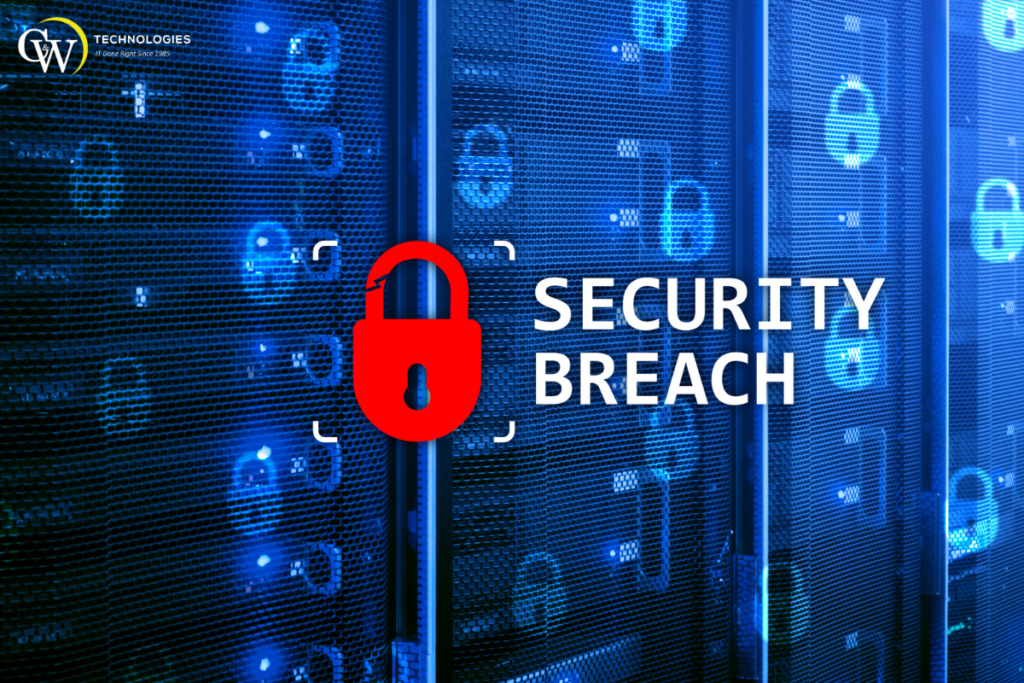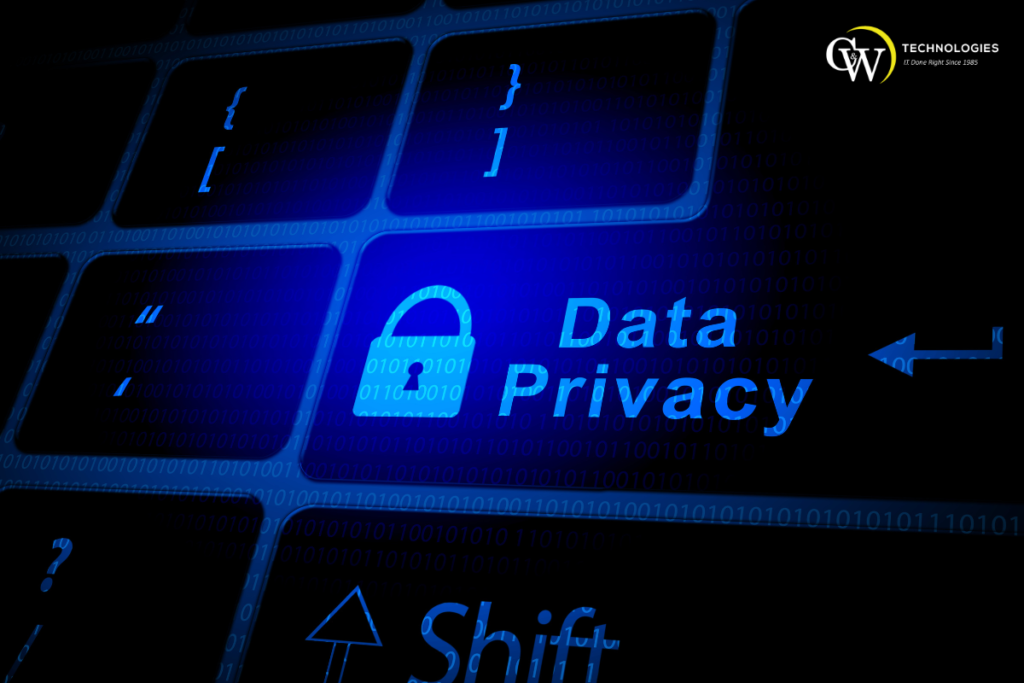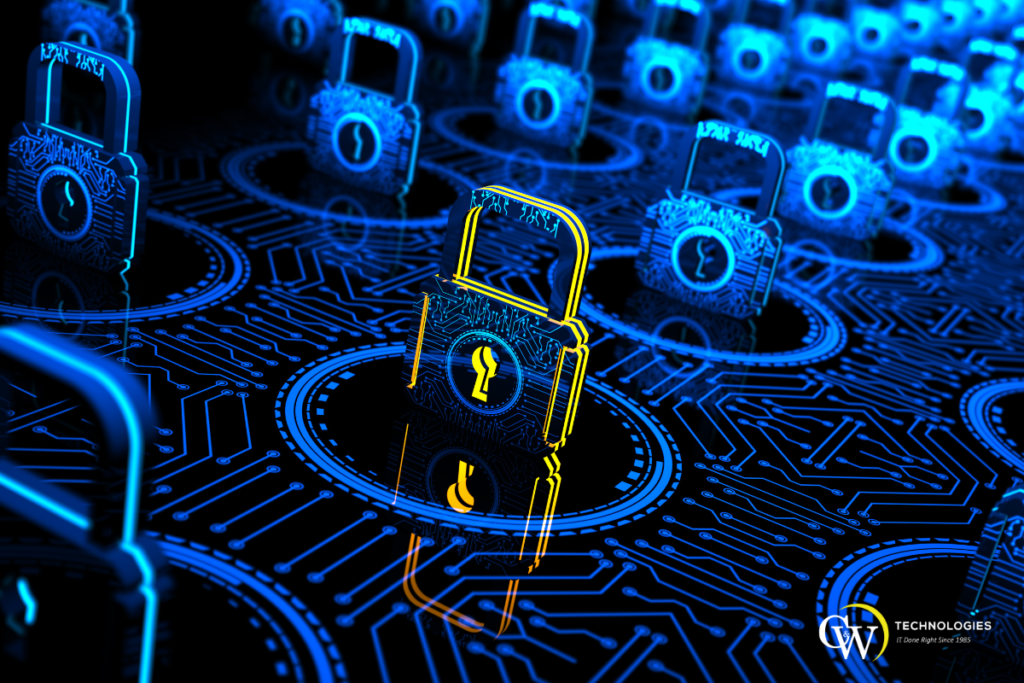In today’s digital world, our personal information is constantly being collected, stored and shared by various organizations and platforms. With the rise of cyberattacks and data breaches, concerns about privacy have become more prevalent than ever before. In response to this growing issue, technology companies are continuously developing new tools and techniques to enhance digital privacy protections for individuals. In this blog post, we will explore some of these advancements in digital privacy and how they aim to safeguard our personal data from potential breaches. Let’s discover how they can help protect your sensitive information online.
What Are Data Breaches?
Before we dive into the digital privacy enhancements, let’s first understand what data breaches are. A data breach is a security incident in which sensitive, protected or confidential information is accessed or disclosed without authorization. This can occur through various means such as hacking, malware attacks or even human error. When a data breach occurs, personal information such as names, addresses, social security numbers and credit card details can be exposed.
What are Cyberattacks?
Cyberattacks are malicious attempts to disrupt, damage or gain unauthorized access to computer systems, networks or devices. These attacks can come in various forms such as phishing scams, ransomware attacks or distributed denial of service (DDoS) attacks. Cybercriminals often use these tactics to steal sensitive information for financial gain or other malicious purposes. In addition to data breaches, cyberattacks are a major concern when it comes to digital privacy.
Why is Online Privacy So Important?
In today’s digital age, our personal information is more vulnerable than ever before. With the increasing use of technology in our daily lives, we are constantly sharing sensitive data online without even realizing it. This makes it crucial for individuals to take steps to protect their digital privacy and prevent potential breaches from occurring.
Internet Users: Why are They at Risk?
Internet users are at risk of having their personal information compromised due to the vast amount of data they share online. From social media profiles and online shopping accounts to cloud storage services, our personal information is constantly being collected and stored by various organizations and platforms. Without proper protection, this data can easily be accessed or stolen by cybercriminals.
What are Some New Technologies that Protect Personal Data from Breaches?
Encryption
Encryption is the process of converting plain text or data into a code to prevent unauthorized access. With encryption, personal information can be transmitted securely over the internet without the risk of it being intercepted by cybercriminals. This technology is widely used in messaging apps, email services and online banking platforms to protect sensitive information.
Virtual Private Networks (VPNs)
A VPN is a private network connection that allows users to encrypt their internet traffic and route it through a secure server before accessing any websites or online services. This makes it difficult for hackers to intercept and steal personal information. VPNs are commonly used by individuals who want to secure their online activity, especially when using public Wi-Fi networks.
Biometric Authentication
Biometric authentication uses physical or behavioral characteristics such as fingerprints, facial recognition or voice recognition to verify a user’s identity. This technology ensures that only authorized users have access to sensitive data, making it difficult for cybercriminals to gain access through traditional methods like passwords.
Blockchain Technology
Blockchain technology is a decentralized digital ledger that records transactions across a network of computers. It offers enhanced security and privacy by encrypting data and distributing it across multiple nodes in the network. This makes it nearly impossible for cybercriminals to manipulate or steal data stored on the blockchain.
What Happens to Victims of Identify Theft?
Identity theft occurs when someone steals another person’s personal information and uses it for fraudulent activities. This can result in financial loss, damage to credit score, and even legal repercussions for the victim. Victims of identity theft may also experience emotional distress and a loss of trust in online platforms.
The Role of Government and Regulatory Agencies
In addition to technological advancements, government and regulatory agencies also play a crucial role in protecting digital privacy. They establish laws and regulations that organizations must comply with to ensure the security and confidentiality of personal data. These laws also provide individuals with rights over their personal information, such as the right to access, correct or delete their data. Furthermore, these agencies also enforce penalties for organizations that fail to protect personal data, helping to hold them accountable for any breaches that occur.
Who is C&W Technologies?
We are a technology company that specializes in developing innovative solutions to protect online privacy. We are committed to providing individuals and organizations with the tools they need to safeguard their personal data. Our team of experts continuously researches and implements cutting-edge technologies to enhance digital privacy protections. We understand the importance of online privacy in today’s world and strive to empower our clients with the necessary resources to keep their sensitive information safe.
Contact Us
We aim to make the internet a safer place for everyone by providing effective technology solutions. Whether it’s for personal or business use, C&W Technologies is dedicated to protecting your digital privacy. Let us help you stay one step ahead of cybercriminals and ensure the security of your personal data. We believe that everyone has the right to digital privacy, and we are here to make that a reality. Contact us or fill out the form below for more information.
Frequently Asked Questions (FAQ’s)
Q: What is personal data collection?
A: Personal data collection refers to the gathering and storage of information related to an individual’s identity, such as name, address, date of birth, social security number, etc.
Q: What is personally identifiable information?
A: Personally identifiable information (PII) is any data that can be used to identify a specific individual. This includes information like name, address, email address, phone number, social security number, etc.
Q: Who are service providers?
A: Service providers are companies or organizations that offer services to individuals or businesses. These services may include internet access, cloud storage, email hosting, and more.
Q: What is digital data?
A: Digital data refers to any information that is stored in an electronic or digital format, such as documents, images, videos, etc.
Q: Why should I be cautious when sharing personal information online?
A: It’s important to be cautious when sharing personal information online because it can be accessed and used by cybercriminals for fraudulent activities. Your personal information has value and should be protected.
Q: What is the General Data Protection Regulation (GDPR)?
A: The GDPR is a regulation implemented by the European Union that aims to protect the privacy and personal data of EU citizens. It requires organizations to obtain consent from individuals before collecting their personal data and also gives individuals the right to access, correct or delete their data.
Q: What is data privacy?
A: Data privacy refers to the protection of personal information from unauthorized access or use. It involves setting policies and procedures to ensure that personal data is collected, stored, and used in a secure manner.
Q: Who are cybercriminals?
A: Cybercriminals are individuals or groups who use technology to carry out illegal activities such as hacking, identity theft, and fraud.
Q: What are internet-connected devices?
A: Internet-connected devices are physical objects that can connect to the internet and transmit data. These include smartphones, laptops, smart home devices, etc.
Q: How do social networking sites handle customer data?
A: Social networking sites collect personal data like names, locations, and interests to personalize user experiences. They may also share this data with third parties for targeted ads but must follow privacy laws and get user consent.


